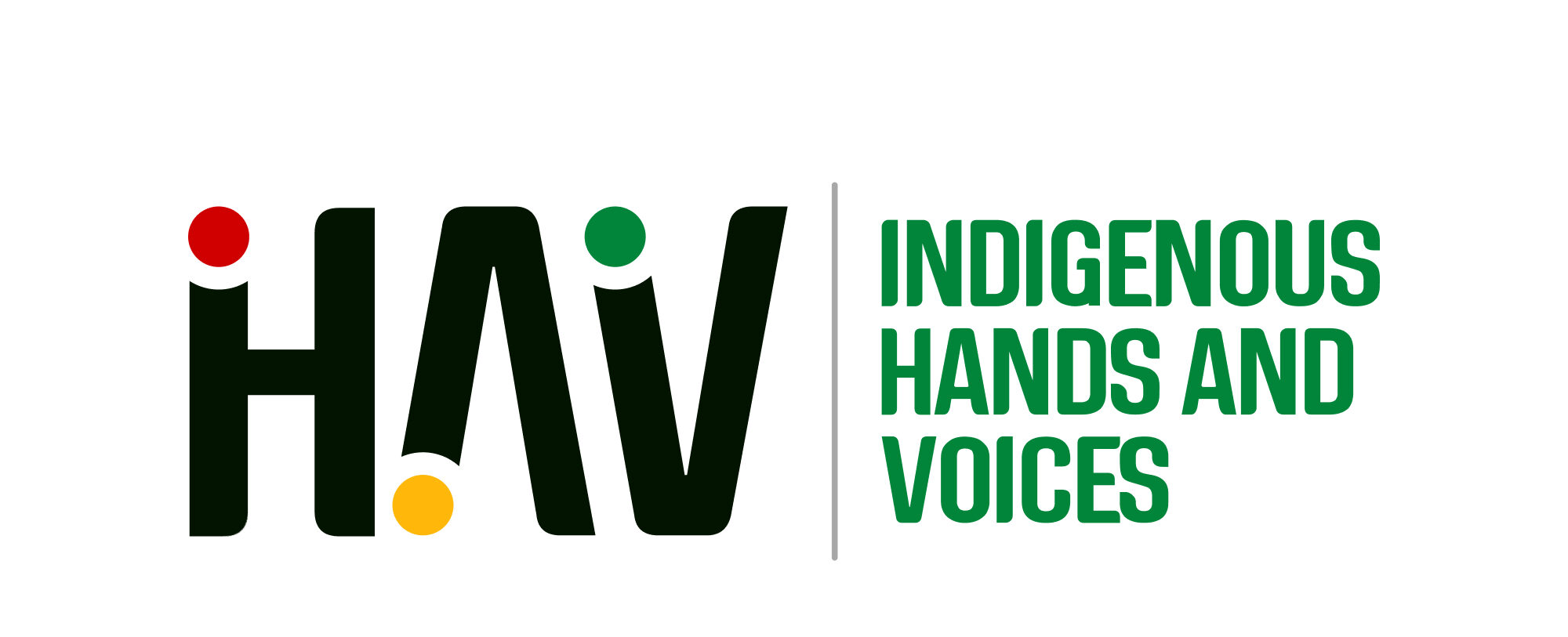A Silence We Cannot Accept
At Indigenous Hands and Voices (IHAV), we refuse to accept this silence. We work tirelessly to preserve, protect, and uplift indigenous languages, both spoken and signed. Our mission is as much about justice as it is about beauty. To lose a language is not just a cultural loss—it is a human rights issue. It is the erasure of identity, agency, and belonging. And we believe this is a fight worth everything.
Why Language Matters
A language is more than vocabulary and grammar. It is a worldview. A cosmology. An invisible thread that weaves people together across time and space. Through language, we transmit values, histories, and ways of understanding the world. We laugh, we mourn, we teach, we remember. We connect.
For indigenous communities, language carries the weight of ancestry and the pulse of the present. It holds medicinal knowledge, oral law, relationship to the land, and spiritual practice. It is identity, autonomy, resistance, and resilience.
When languages vanish, we lose more than words. We lose maps to living in harmony with nature, philosophies of cooperation over competition, and expressions of kinship that stretch far beyond the nuclear family. We lose irreplaceable perspectives on what it means to be human.
The Scope of the Crisis
The extinction of indigenous languages is not a slow fade but a rapidly accelerating crisis. Colonization, forced assimilation, migration, climate change, and globalization have all contributed to this linguistic devastation. In many cases, communities were punished for speaking their own language. Children were taken from their families and placed in residential or boarding schools where their mother tongues were beaten out of them.
Today, this trauma echoes on. Many languages are spoken only by elders, with few opportunities or resources to teach younger generations. Governments, often driven by monolingual ideals of nation-building, have failed to adequately support language revitalization.
And here is a largely overlooked reality: indigenous signed languages face even greater invisibility. While spoken languages are beginning to receive long-overdue attention, signed languages—rich, complex, and equally native to their communities—are often left out of the conversation entirely.
IHAV’s Work and Vision
IHAV was born from the conviction that this silence must be broken—and that it can be. Our work is built on respect, reciprocity, and collaboration with indigenous communities. We do not “save” languages; we support communities in reclaiming, reviving, and reimagining them.
Our projects range from:
- Community-centered documentation: Recording stories, songs, and signs with local participation and control.
- Training and capacity-building: Supporting indigenous researchers, linguists, and educators in taking the lead.
- Resource development: Creating multimedia materials, dictionaries, learning platforms, and digital archives that are accessible and culturally relevant.
- Advocacy and policy work: Engaging governments, international bodies, and institutions to recognize and fund indigenous language rights.
- Sign language inclusion: Highlighting and documenting indigenous signed languages, and promoting their recognition and use.
The Poetic Power of Language
There is a rhythm and music to every language. Each one carries its own metaphors, jokes, idioms, and soul. When we hear a lullaby in an unfamiliar tongue, something stirs in us—a recognition that love and care transcend words.
Languages are not simply tools; they are art. They paint the world in different hues. Where one language sees a single tree, another may have fifty names, each describing the tree’s age, spirit, or use. Where one sees direction, another names the wind, the river, the bird’s flight.
And in signed languages, the body itself becomes poetry. Movement, space, and expression merge into meaning. These languages are alive in motion, in gesture, in collective memory.
To preserve language is to preserve the poetry of a people’s existence. It is to ensure that future generations can not only understand where they come from but can dance in the richness of their own words.
A Call to Action
This work cannot wait. Every day, elders pass on. Every day, another word may be lost. But every day is also a chance to reclaim. To record. To teach. To sing. To sign. To resist.
We call on everyone—governments, educators, artists, technologists, activists, funders, dreamers—to join us. There is a place for you in this movement.
Support indigenous-led language initiatives. Fund community archives. Learn a greeting in a local language. Volunteer your skills. Share the stories. Push for policy change. Advocate for the inclusion of both spoken and signed indigenous languages in schools, media, and public life. We do not do this work out of nostalgia, but out of necessity. Out of justice. Out of hope.
Conclusion: A Better World in Many Tongues
To protect language is to protect humanity. It is to say: You matter. Your knowledge matters. Your way of seeing the world enriches us all. At IHAV, we believe in a future where every child can speak, sign, and dream in their mother tongue. Where languages are not lost, but found again—sung, spoken, signed, and shared. Let us listen. Let us act. Let us lend our hands and our voices. Because in the tapestry of human experience, every thread, every sign, every syllable counts.

James Paul Hensley
James Paul Hensley is a language advocate and educator from Celina, Ohio based in Bilbao, Spain. He serves as Operations Coordinator for Indigenous Hands and Voices (IHAV), supporting global efforts to preserve endangered languages.
1 Comment
Add comment Cancel reply
You must be logged in to post a comment.

nice